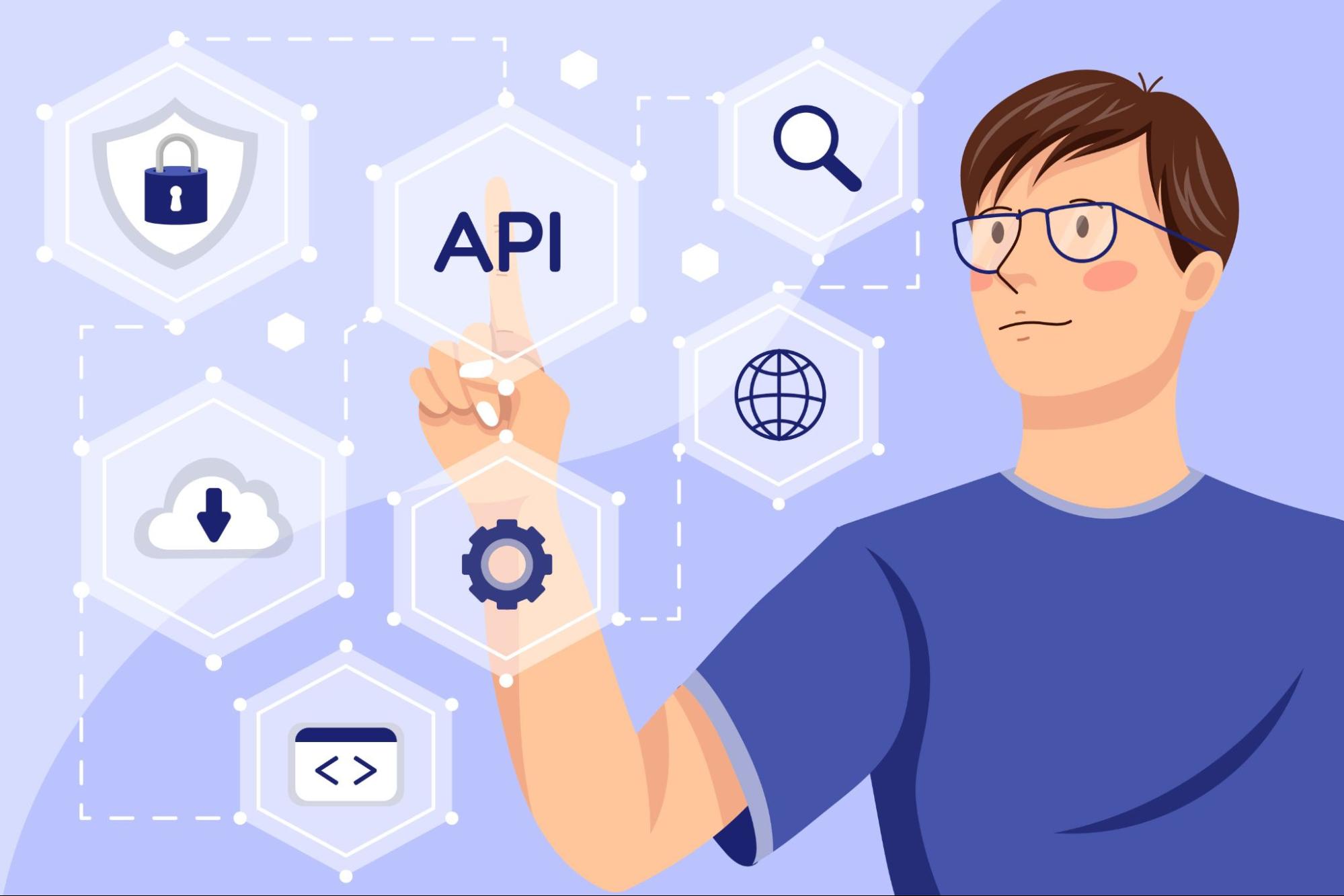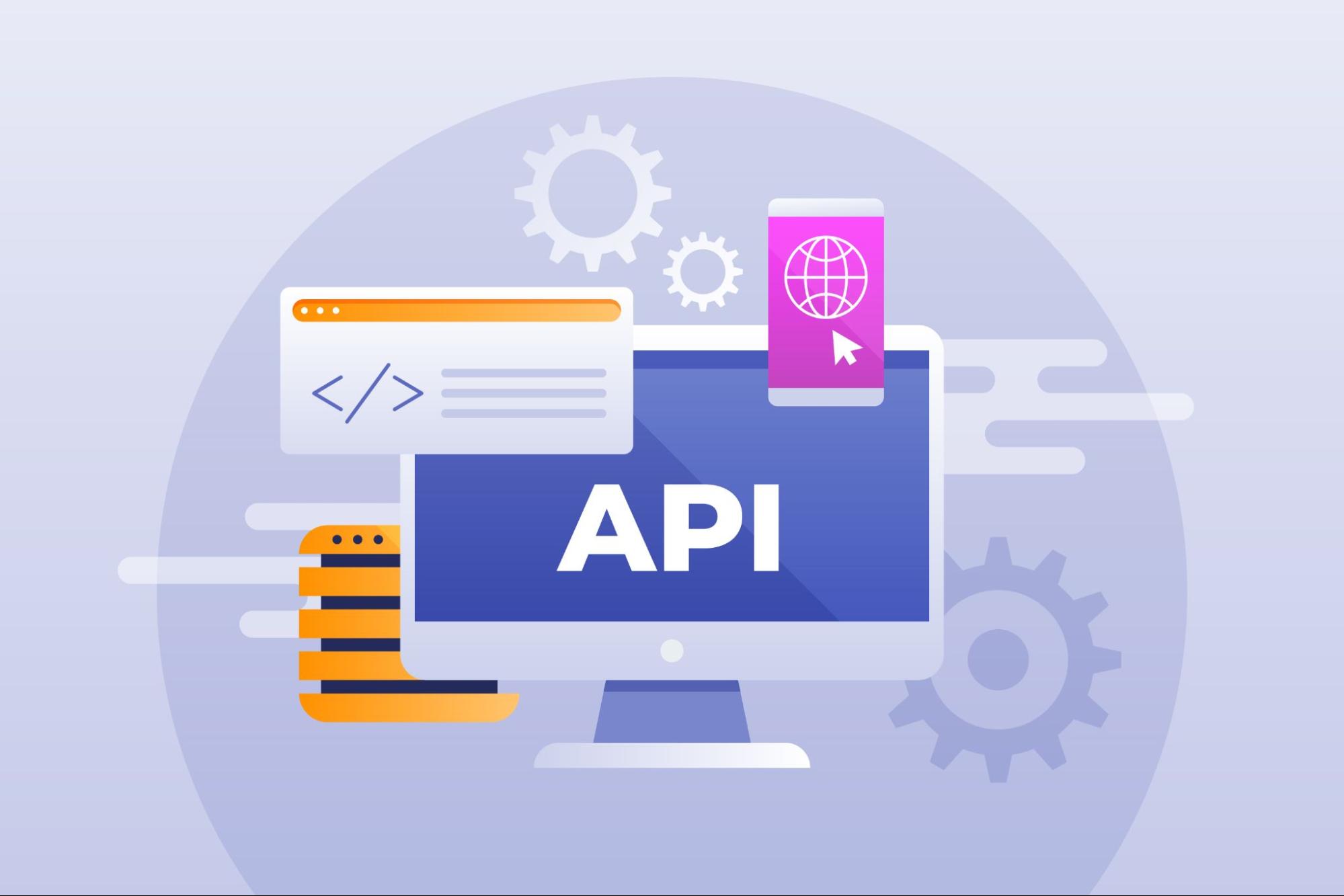How to Choose the Right API Testing Tool: A Comprehensive Guide
Understand the key factors in selecting the right API testing tool and explore a comparison of top options available.
Start Free TrialGet started with vREST in minutes.

Understand the key factors in selecting the right API testing tool and explore a comparison of top options available.
Start Free TrialGet started with vREST in minutes.

API testing ensures modern software applications' functionality, reliability, and performance. It involves testing the Application Programming Interfaces (APIs) that enable communication between software components. This article will demystify API testing and guide you in choosing the right tool for your testing needs.
API testing ensures modern software applications' functionality, reliability, and performance. By thoroughly testing APIs, you can verify that they work as intended, allowing different software components to communicate seamlessly. Rest assured, API testing helps identify functional issues or bugs impacting the application.
Moreover, API testing enhances the reliability and stability of APIs, which is especially important when multiple applications or systems depend on these APIs for data exchange. By conducting comprehensive tests, you can ensure that the rest assured API testing is reliable and can handle the expected workload without disruptions.

Additionally, API testing helps measure the performance of APIs, including response times, throughput, and scalability. By analyzing the performance metrics, you can identify any bottlenecks or areas for improvement. This allows you to optimize the performance of your application and ensure that it can handle the expected load and user interactions effectively.
When it comes to API testing, selecting the right rest API testing tool is crucial. Here are some factors to consider:
One tool that meets these criteria is vREST, powerful API testing software developed by Optimizory Technologies. vREST offers a range of features that make API testing efficient and effective:

Swagger API testing offers several benefits that can significantly enhance the testing process and improve the overall quality of your APIs. Let's delve into some of the benefits of open source API testing tools in more detail:
Swagger provides a centralized platform for documenting your APIs. It allows you to define API endpoints, request/response payloads, authentication methods, and more. This documentation serves as a single source of truth for your development team, keeping them aligned and informed about the API specifications. Developers and testers can easily understand the API functionalities and requirements with clear and up-to-date documentation.
Swagger integrates seamlessly with popular development frameworks and tools, making incorporating API testing into your existing workflows easy. Whether using frameworks like Node.js or Java or tools like Postman or JUnit, Swagger provides plugins and libraries that enable smooth integration. This integration ensures that API testing becomes integral to your development process, allowing for continuous testing and faster feedback loops.

Swagger API testing can be automated using various testing frameworks and tools. Testers can automatically generate test cases and scripts by leveraging the Swagger specification. This automation saves time and effort, minimizing manual test case creation and maintenance. Test automation also enables regression testing, ensuring that new changes or updates do not affect existing functionalities. You can achieve faster and more reliable testing results with automated Swagger API testing.
API testing is critical to software development, ensuring applications' functionality, reliability, and performance. By choosing the right API testing tool, such as vREST by Optimizory, you can streamline your testing process and achieve more accurate and efficient results.

Record, Specify, Test and Mock your RESTful and Other Web APIs.